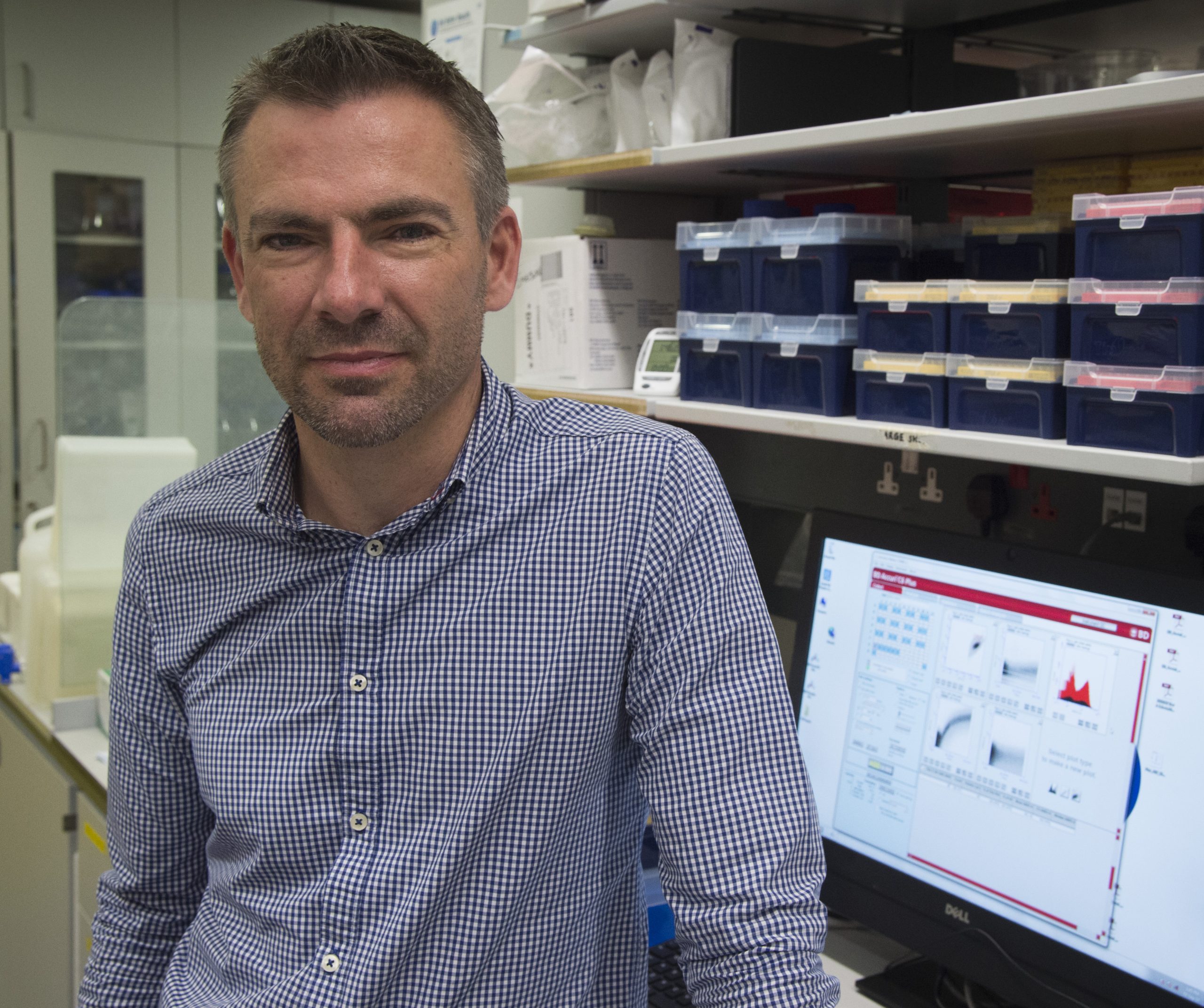 Born on what would eventually be recognized as World AIDS Day in the 1970s, Dr Mike Emerson, now affiliated with the National Heart and Lung Institute, relocated to vibrant London during the early 1990s amidst the fervour of the Britpop era. In the backdrop of Blur and Pulp melodies, 1990s London faced the AIDS crisis. Three decades later, he is at the helm of a team investigating cardiovascular ailments in people with HIV. In this piece, Dr Emerson reflects on the advancements in HIV diagnosis and therapy, and reiterates the ongoing importance of National HIV Testing Week.
Born on what would eventually be recognized as World AIDS Day in the 1970s, Dr Mike Emerson, now affiliated with the National Heart and Lung Institute, relocated to vibrant London during the early 1990s amidst the fervour of the Britpop era. In the backdrop of Blur and Pulp melodies, 1990s London faced the AIDS crisis. Three decades later, he is at the helm of a team investigating cardiovascular ailments in people with HIV. In this piece, Dr Emerson reflects on the advancements in HIV diagnosis and therapy, and reiterates the ongoing importance of National HIV Testing Week.
I was born on what was to become World AIDS day way back in the 1970s, and moved to the big smoke in the early 90s. London was exploding with Britpop excitement, and in the absence of mobile tech, we went out every night to the sounds of Blur and Pulp. 90s London was also the epicentre of the UK’s bit of the global AIDS crisis. People in their early 20s, as I was, were dying (of ignorance the government told us). I quickly learnt not to hold birthday celebrations in Soho; celebrating and mourning young friends and sons don’t mix well. Exactly 30 years later, I lead a team investigating cardiovascular disease as people live with HIV for decades and succumb to the diseases of old age. This week is HIV testing week, so it’s a good time to reflect on how far we have come and remind ourselves of the importance of HIV testing.
Back in 1981, a couple of obscure articles noted incidences of fatal pneumonia and rare skin cancers in otherwise healthy young American men. Oddly, these men were all gay. Within months, there was an explosion of terrifying fatal illness amongst the gay communities of New York, San Francisco and, not far behind, London. People became infected with HIV following blood transfusions, and babies were born with the condition and died. When HIV tests became available, the prospect of one was terrifying, involving a week-long wait for results and a recommendation to take a friend when results were due to be delivered.